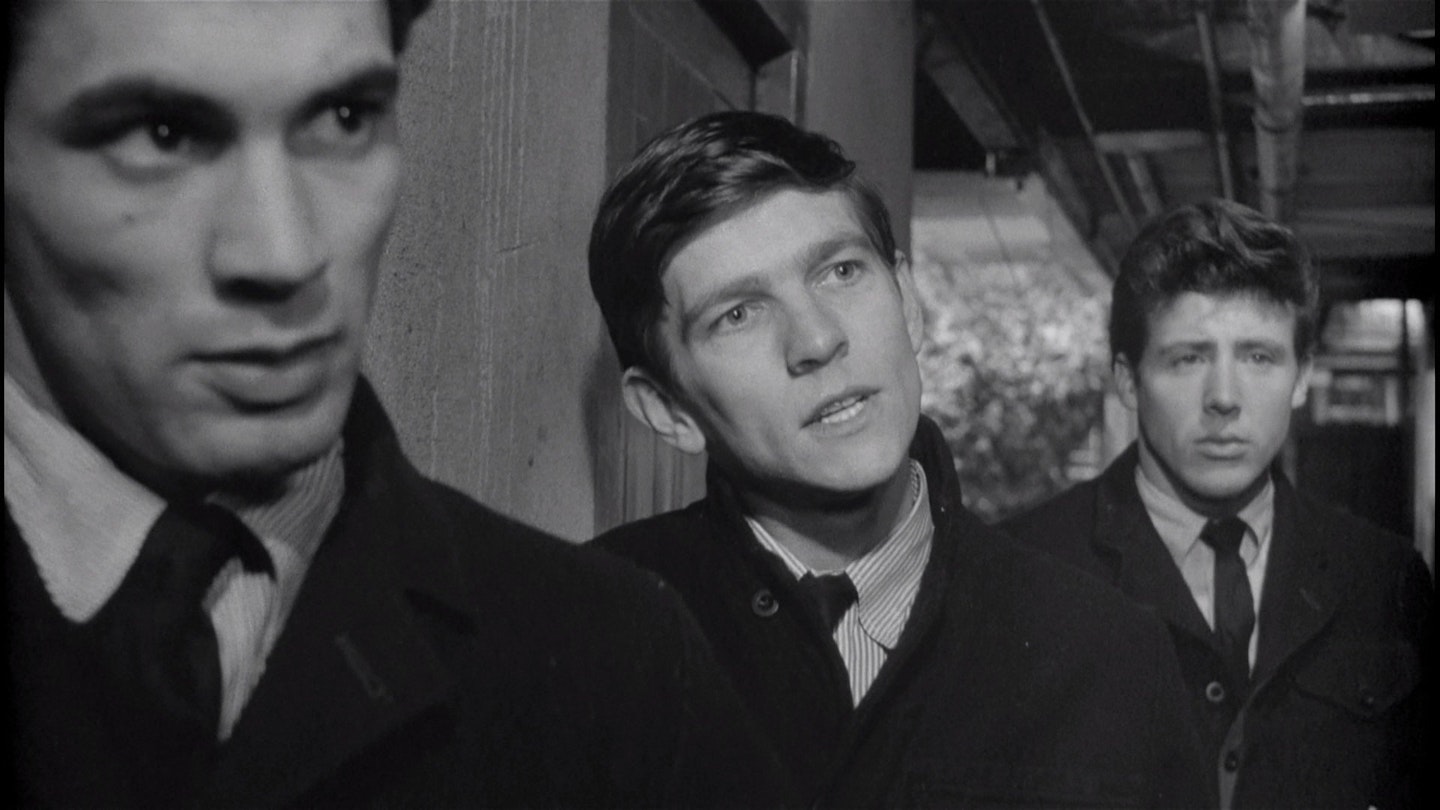Based on an Alan Sillitoe novella, this was less a study of an angry young man than of an alienated kid whose `whatever' attitude contrasted sharply with the resentful socio-sexual consciousness of other Kitchen Sink anti-heroes. Colin Smith wasn't bright enough to understand what was wrong with the British class structure in the early 1960s. But he knew something wasn't right and he proceeded to kick against it in a childish, but undeniably effective manner.
As in the earlier Sillitoe adaptation, Saturday Night and Sunday Morning, the Nottingham backstreets are effectively used by Tony Richardson and cinematographer Walter Lassally. But, both the visual and the narrative style owe more to the nouvelle vague than what was becoming standard social realism. Consequently, this always feels more like a calculated work of agit-prop than an authentic proletarian drama. Nonetheless, the flashbacks are more than a contrivance, as the cross-cutting between Colin's past and present reinforces the political power of the parallel plotlines and confirms the hopelessness of his situation, as he's no better off with his own kind than he is with the patronising bourgeois Governor.
Richardson's self-conscious focus on the filmic quality of his story might have reduced Colin to a class cypher. But the debuting Tom Courtenay turns a resistible character into an unlikely rebel with a cause by adding a curt charm to Colin's nervous energy and eccentric non-conformism. There are certainly shades of Billy Fisher (whom the 24 year-old Courtenay had just played in the West End and would do again in John Schlesinger's film, Billy Liar) in Colin's confusion and unconventional recalcitrance. But it's more intriguing to compare his performance with that of David Bradley in Ken Loach's Kes.
Courtenay won a BAFTA for his work. But he was ably supported by Avis Bunnage, as the sluttish mother who bequeathed him his indomitable spirit, and Michael Redgrave as the complacent Governor, whose own inadequacies and class envy are so pitilessly exposed by that final glorious act of defiance.
